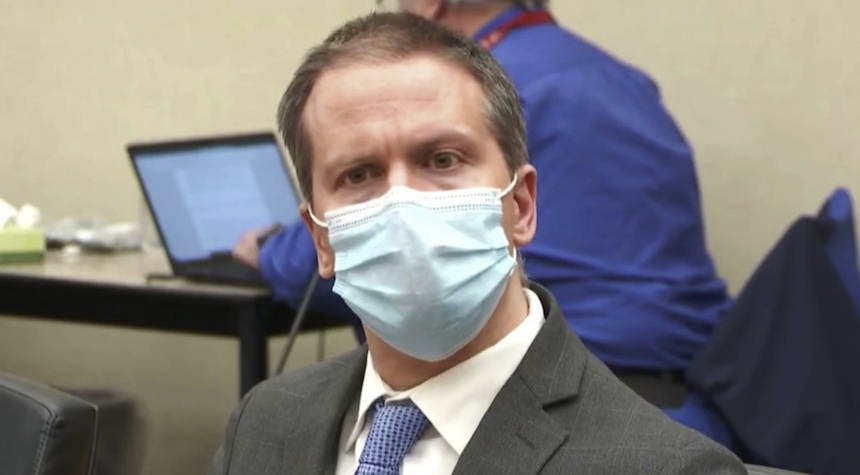The Minnesota Court of Appeals has upheld Derek Chauvin’s conviction of second-degree murder for the death of George Floyd. This means Chauvin will serve his 22-and-1/2-year sentence.
William Mohrman represented Chauvin. He asked the court to dismiss the convictions. Mohrman pointed to the large amount of publicity surrounding the trial, as well as the alleged procedural errors and legal mistakes that he claimed denied Chauvin a fair trial.
Mohrman stated the following in his January oral argument:
The appeal concerns whether or not a criminal defendant can get a fair and constitutional trial when the courthouse is surrounded by concrete blocks, barbed wire, and two armored cars, as well as a squadron of National Guard soldiers who are there to make sure that the defendant is acquitted.
He said that the jurors were likely to be influenced by the fact that they lived in Minneapolis where there had previously been destructive riots. According to him, the jurors on the jury may have been interested in the outcome of the case because they resided near the site.
A pandemic was the reason why District Judge Peter Cahill in Minnesota made an exception. He also considered the best interest of the public.
Neal Katyal, the U.S. acting Solicitor General in the Obama Administration and one of the special prosecutors on Chauvin’s trial, argued previously that even if held in a protected venue, a trial could still cause civil unrest and security issues. The Obama Administration’s Solicitor General, who was also a special prosecutor on Chauvin’s case, argued that the trial would still be able to cause civil unrest or security concerns even if it were held in a safe venue.
The panel of three judges ultimately agreed with the prosecutors, stating that Chauvin was given a fair trial and received a sentence commensurate to his crime.
A white man was caught on camera kneeling on George Floyd for nine minutes in May 2020. This video of Floyd screaming, “I can’t breathe,” led to months of violence from Black Lives Matter activists.
The job of a police officer is dangerous and extremely difficult. Appeals Judge Peter Reyes wrote for the panel that “no one is above the law.”
“They should be held accountable for the crimes they commit just as they are those who have been lawfully arrested.” Chauvin’s excessive force was a violation of the law, which allows officers to only use reasonable force during a lawful arrest. ”
Former Deputy Chair of the Democratic National Committee Keith Ellison expressed his gratitude for the court ruling in a recent press release.
Ellison said, “I am grateful for our legal system, which ensures that everyone has the right to fair treatment, and due process, no matter how serious their crimes may be.” “Today’s Court ruling shows that no person is above or beneath the law. ”
Chauvin currently serves his sentence at a medium-security federal prison located in Tucson Arizona.


